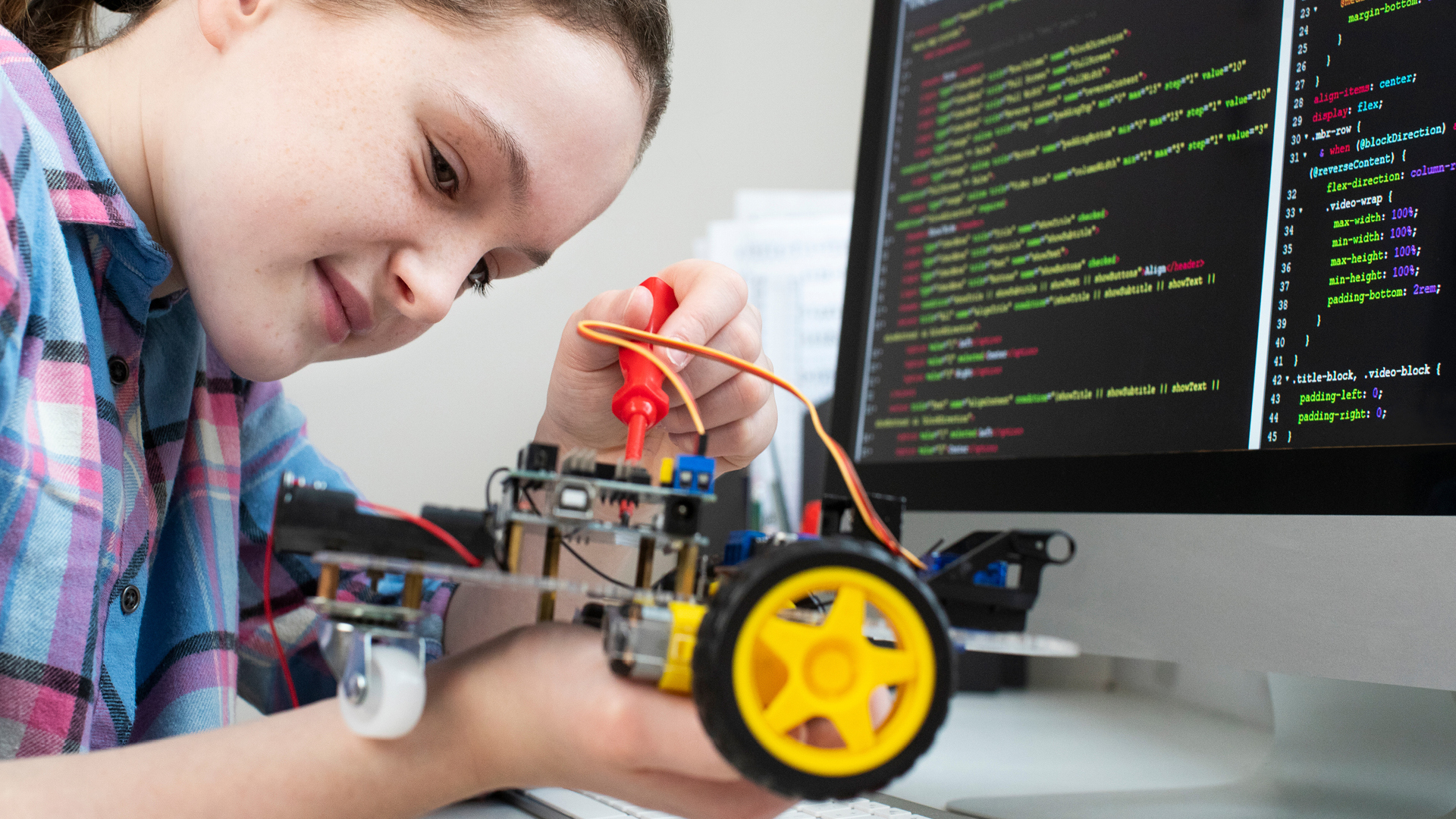These technologies can streamline processes, reduce waste, provide valuable insights into consumer preferences, and improve availability and affordability of healthy foods. To make the most of them, Australia will need to address challenges such as environmental sustainability, research and infrastructure investment, and workforce training. Collaboration between industry, government, and research institutions is crucial to navigating these challenges and seizing opportunities. Government support, initiatives promoting a circular economy, and strengthened collaboration are key drivers for the industry’s resilience and sustainability.
Recommendation 1: Engage and support the food and beverage manufacturing sector in establishing a comprehensive decarbonisation strategy.
Recommendation 2: Support uptake of AI-driven and automation technologies to drive innovation and productivity in the Australian food and beverage manufacturing industry.
Recommendation 3: Implement policies and incentives that encourage the food and beverage manufacturing industry to accelerate adoption of circular economy practices across the supply chain.
Recommendation 4: Uplift research and development investment to 3% of GDP.
Recommendation 5: Encourage the establishment of joint research and development centres between industry stakeholders and research institutions.
Recommendation 6: Promote government-backed training and industry-academia partnerships to align vocational programs with technological advancements.










